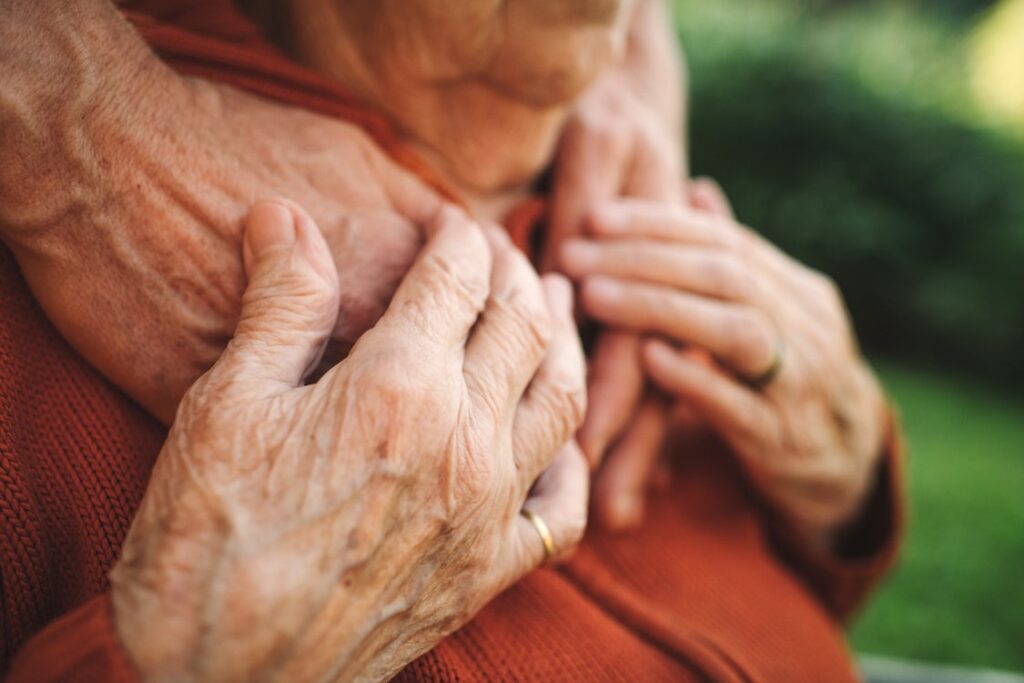
The World Alzheimer’s Report 2025, unveiled during Dementia Action Week, underscores the crucial role of rehabilitation in dementia care. The report reveals that therapies and supports can significantly help individuals with dementia maintain their independence, decrease hospital visits, and postpone the need for residential aged care.
Rehabilitation, often referred to as reablement, focuses on enhancing the abilities that individuals still possess. This approach may encompass exercises to preserve strength and balance, occupational therapy to simplify daily tasks, memory strategies to bolster independence, and activities that foster social connections.
The Impact of Rehabilitation on Dementia
Australian Dementia Advocate John Quinn shared his personal journey in the report, highlighting how concentrating on social interaction, diet, and autonomy enabled him to remain independent. “We had nothing to lose,” he stated, describing dementia rehabilitation as “thinking outside the box.”
Professor Tanya Buchanan, CEO of Dementia Australia, emphasized that numerous Australians miss out on these essential services post-diagnosis. She advocates for enhanced post-diagnostic support, including the introduction of dementia navigators to assist families in locating and accessing rehabilitation programs.
Accessing Rehabilitation Services
In Australia, rehabilitation and reablement services for dementia are accessible through aged care and health programs, though availability may vary by location. The Commonwealth Home Support Programme (CHSP) offers entry-level supports, often emphasizing wellness and reablement, which may include physiotherapy, occupational therapy, or group exercise classes.
Individuals on Home Care Packages can allocate their funds for allied health services such as physiotherapy or occupational therapy, as well as for home modifications or equipment that promote independence. The Short-Term Restorative Care program provides up to eight weeks of intensive, goal-oriented therapy, either at home or in a short residential stay, to decelerate or reverse functional decline.
Innovations in Residential Aged Care
Some residential aged care facilities are now piloting structured reablement programs, and all are mandated under the Aged Care Quality Standards to support independence and wellbeing. Families are encouraged to consult their GP, aged care provider, or assessment team regarding available local reablement services. Dementia Australia also offers information and advice through the National Dementia Helpline at 1800 100 500.
“With no cure for dementia, rehabilitation is increasingly recognized as a vital part of care, giving people the best chance to live well and stay connected with their community for longer.”
Looking Forward: The Future of Dementia Care
This development follows a growing recognition of the importance of non-pharmacological interventions in dementia care. Experts argue that while medical research continues to search for a cure, practical support systems like rehabilitation can offer immediate benefits, enhancing the quality of life for those affected.
According to sources, the integration of rehabilitation into standard dementia care protocols could transform how society approaches this condition, shifting the focus from mere management to proactive engagement and empowerment of individuals.
As the population ages and the prevalence of dementia rises, the move represents a necessary evolution in care strategies, ensuring that individuals can enjoy a higher degree of autonomy and dignity in their later years.
Meanwhile, policymakers and healthcare providers are urged to invest in and expand these services, making them more accessible and tailored to the diverse needs of the dementia community. The implications of such a shift could be profound, potentially reducing the overall burden on healthcare systems and improving outcomes for patients and their families alike.
The announcement comes as a call to action for governments, healthcare professionals, and communities worldwide to prioritize rehabilitation as a cornerstone of dementia care, fostering a more inclusive and supportive environment for those living with this challenging condition.





